
Toronto of the 1850s
Toronto of the 1850s is the last in our series of decade-by-decade photo posts. I will, however, do one big post on the years leading up to this decade as the conclusion of what has been an enjoyable little historical exercise. It's fitting to end on the 1850s, as it was the first decade in which Toronto was really captured photographically. Along with their other work, in 1856, the photography firm of Armstrong, Beere and Hime captured the first panorama of the city from atop the Rossin Hotel. What it shows is a mostly tree-less Georgian town that's yet to have experienced the wave of industrialization that lies in the years ahead.
But despite the relative calm of the images - a trait that's emphasized by the slow shutter speed required to expose film at that time (moving objects disappear) - major changes are afoot. Although the railway was yet to extend beyond southern Ontario, significant progress was made in its construction during the 1850s. As Carl Benn explains, "In October 1851, a groundbreaking ceremony took place on Front Street to begin construction on a railway to the outside world. Two years later, in 1853, the first train of the Ontario, Simcoe, and Huron line pulled out of the city along track that ran north to Barrie on Lake Simcoe. Then, in 1855, the line reached Collingwood on Georgian Bay. The route mimicked the ancient Toronto Passage to the upper lakes, but in the long run it created a far more powerful connection to the north. In 1855, the first east-west rail line opened when the Great Western ran to Toronto from Hamilton and points west."
Along with the construction of the railways into and out of the city, the architectural style of the city changed dramatically. Key structures that survive from the 1850s include St. Lawrence Hall, Gibson House (5172 Yonge St.), the Toronto Street Post Office (10 Toronto St.), the Bank of British North America Building (Yonge and Wellington), Hutchinson Building (36-42 Wellington St. E), the Adelaide St. Courthouse (57 Adelaide St.), University College, Thomas Helliwell Block (81 Front St. E) and the Gooderham Worts stone building at the Distillery District.
In 1851, the population of Toronto proper was just over 30,000 people, 97 per cent of whom originated in the United Kingdom. In contrast to today's figures (2.5 million people, half of whom are identified as visible minorities), it's astonishing to think of how much has changed in the last 160 years.
Here's the second last installment in our visual history of Toronto.
British Bank of North America Building
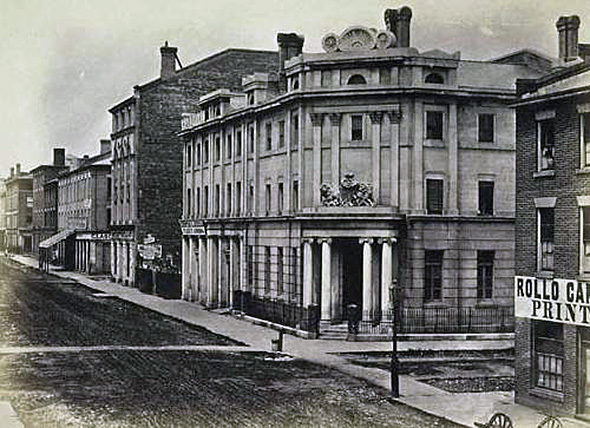
Banknote of the Colonial Bank of Canada
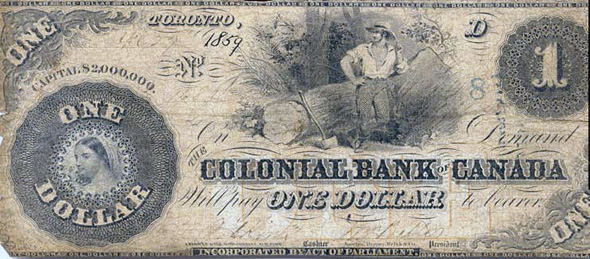
Colborne Lodge (High Park)
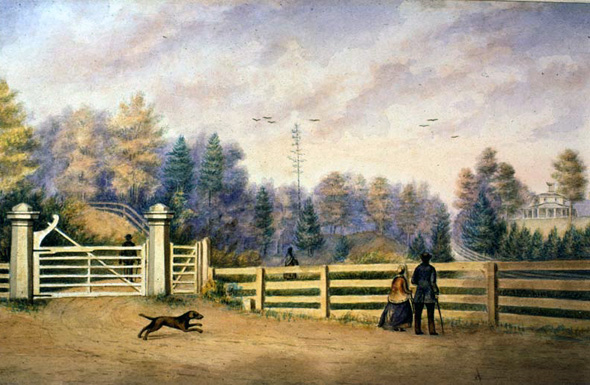
Enoch Turner's land in 1854 (King and Parliament)
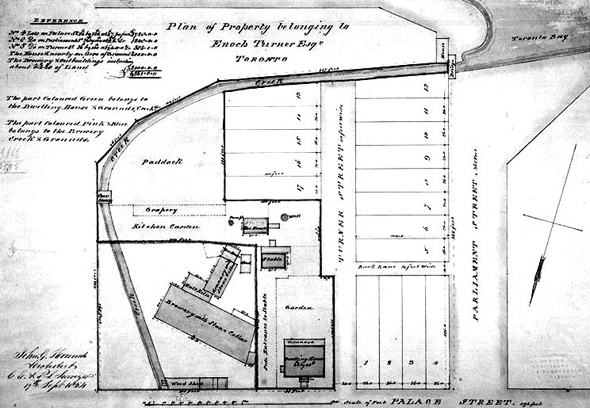
Garrison Creek
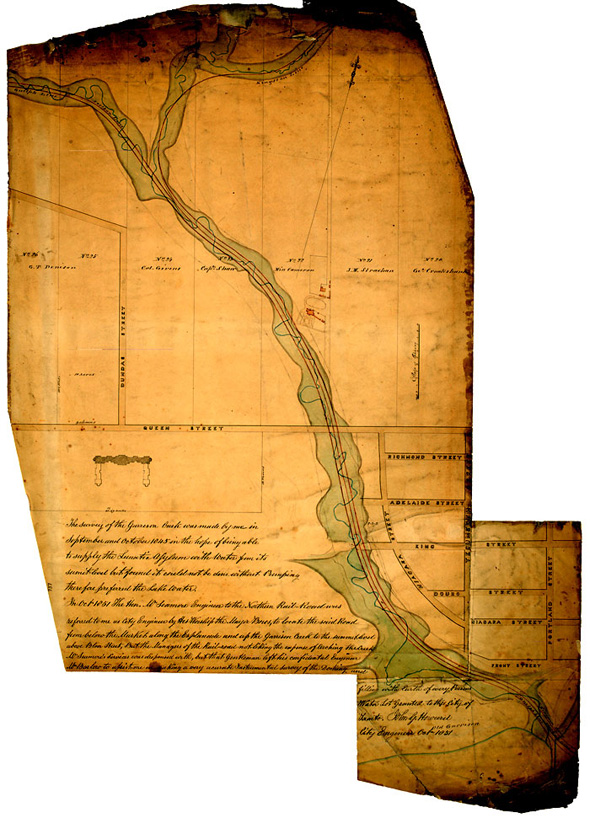
Government House (King and Simcoe!)
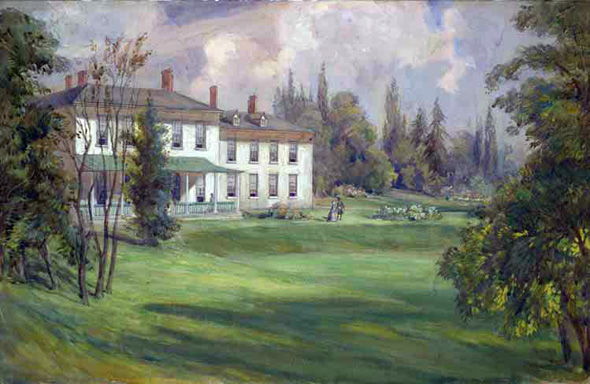
House of Providence (lost to construction of the Richmond off-ramp of the DVP)
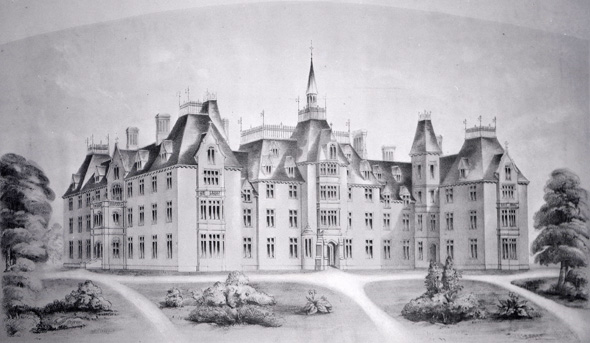
King Street looking west
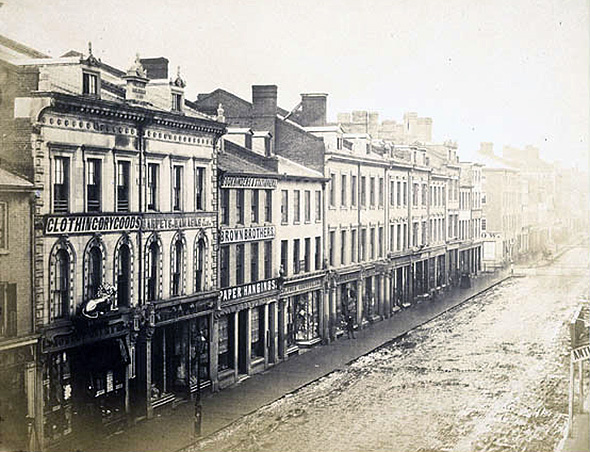
King's College 1855
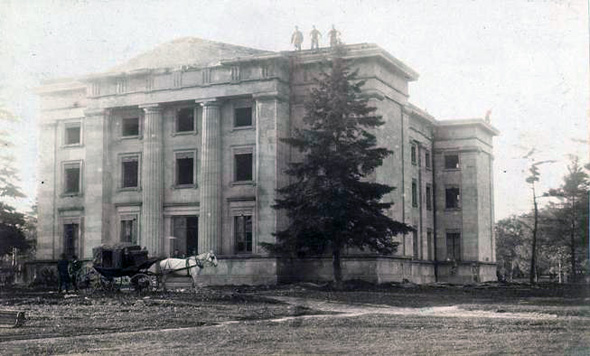
The Normal School (Gould Street)
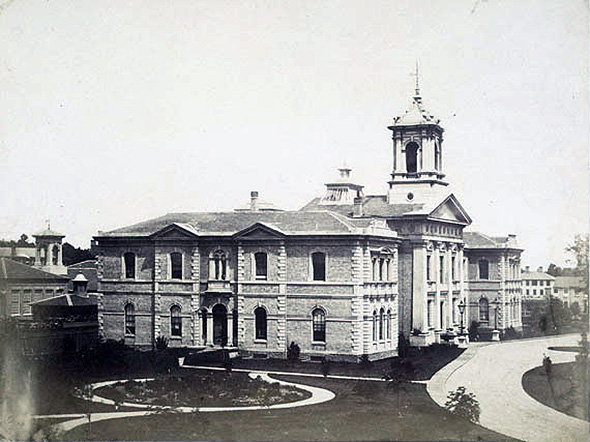
Plan of Toronto 1858
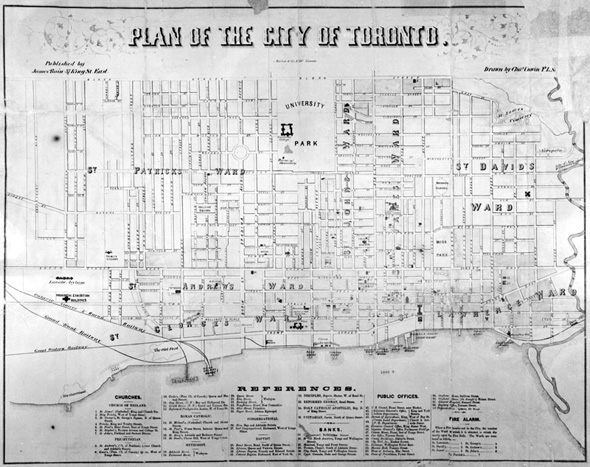
Provincial Lunatic Asylum (999 Queen St. West)
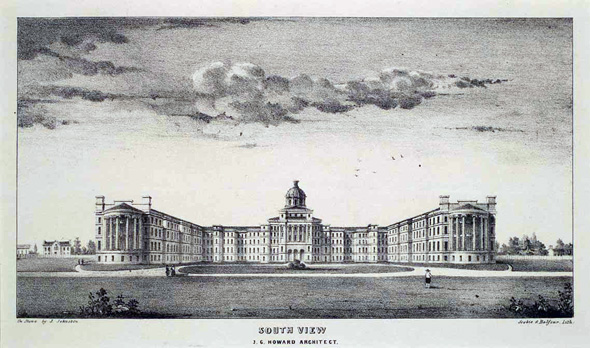
Rossin Hotel (York and King streets)
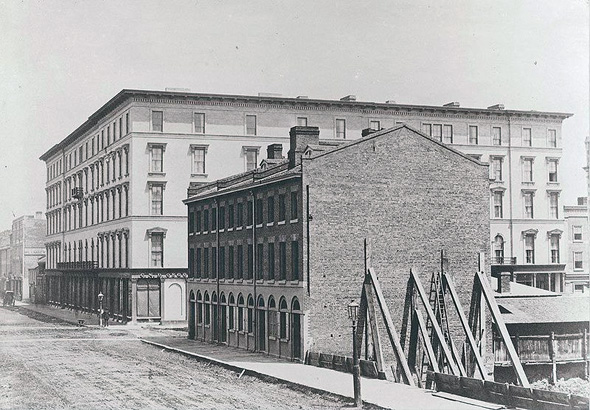
The Severn Brewery (formerly in the ravine northeast of Davenport and Yonge)
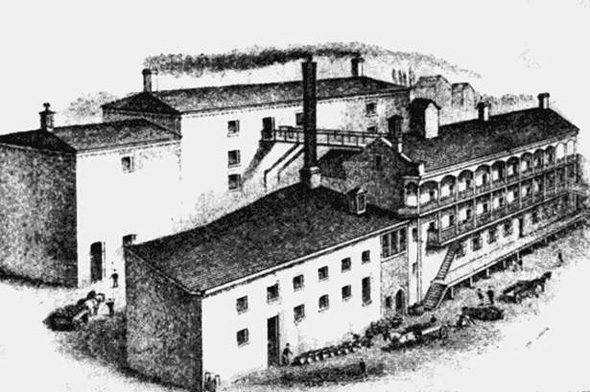
Osgoode Hall
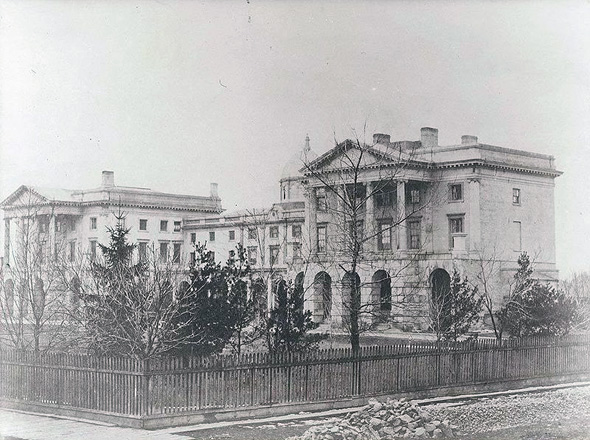
1851
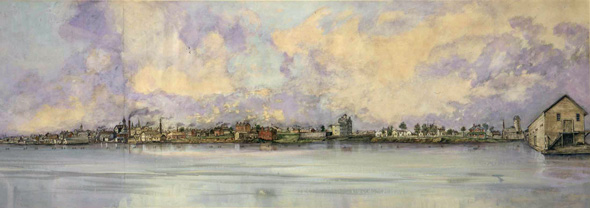
1854
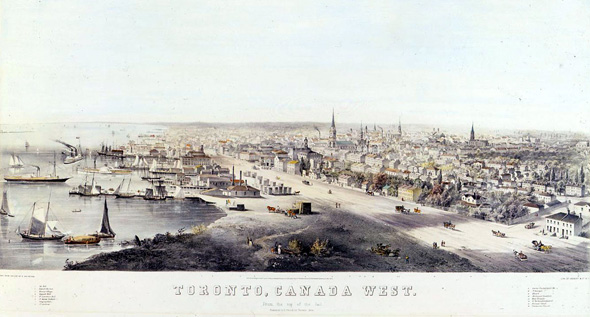
The First Union Station
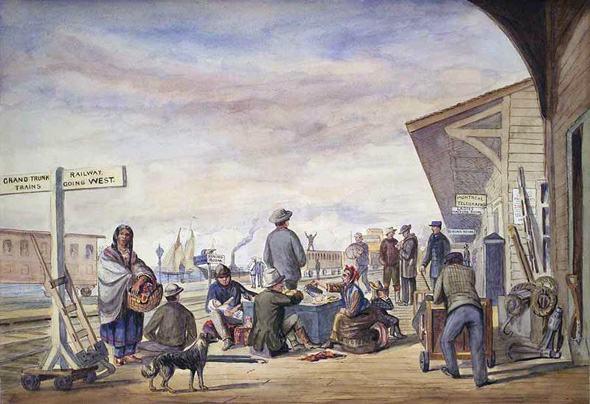
Wellington Street
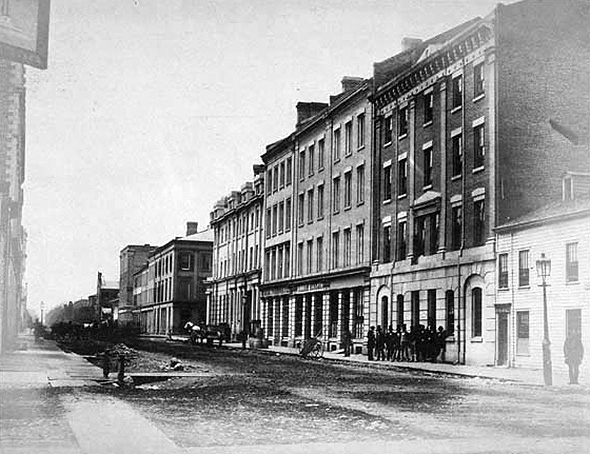
- Toronto of the 1990s
- Toronto of the 1980s
- Toronto of the 1970s
- Toronto of the 1960s
- Toronto of the 1950s
- Toronto of the 1940s
- Toronto of the 1930s
- Toronto of the 1920s
- Toronto of the 1910s
- Toronto of the 1900s
- Toronto of the 1890s
- Toronto of the 1880s
- Toronto of the 1870s
- Toronto of the 1860s
Images from the Wikimedia Commons, City of Toronto Archives, and Provincial Archives.
Latest Videos
Latest Videos
Join the conversation Load comments







